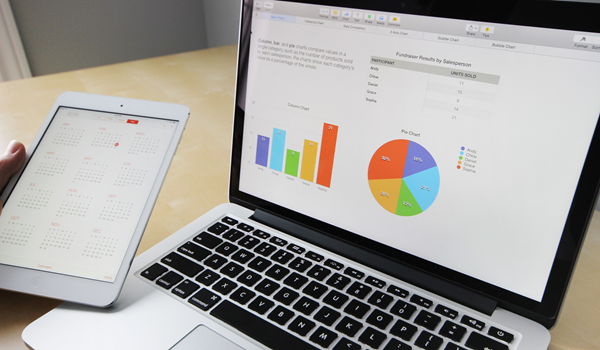Tests & Results
Blood Test Services
Blood tests, requested by us, for you, are carried out here at the surgery on a Wednesday or Thursday morning by staff directly employed at the surgery.
Portsmouth Hospital Trust (PHT) will continue to take your bloods at Queen Alexandra Hospital if the request is as a result of an appointment you have had at the hospital or part of the care you are under at the hospital. The hospital staff will be able to tell you the opening hours of the various sites.
Results of Blood Tests
Following a blood test, please contact the surgery after 10am, for the results after 7 days, or simply view them on your NHS App*.
You will not always be contacted with your blood results.
*If you do not currently have the NHS App, please scan the QR code below to set up your account.

Tests and Investigations Organised by the Hospital
The results of blood tests, X-rays, scans etc. organised by the hospital doctors will go back to the person at the hospital who requested them. They will not necessarily come to us.
It is useful to ask at your hospital appointment how you will find out the results of your tests.
Confidentility
Please note that we do have a strict policy regarding confidentiality and data protection. In this respect we will only give out results to the person they relate to unless that person has given prior permission for their release or if they are not capable of understanding them.
X-Rays
An X-ray is a widely used diagnostic test to examine the inside of the body. X-rays are a very effective way of detecting problems with bones, such as fractures. They can also often identify problems with soft tissue, such as pneumonia or breast cancer.
If you have an X-ray, you will be asked to lie on a table or stand against a surface so that the part of your body being X-rayed is between the X-ray tube and the photographic plate.
An X-ray is usually carried out by a radiographer, a healthcare professional who specialises in using imaging technology, such as X-rays and ultrasound scanners.
You can find out more about x-ray tests, how they are performed, their function and the risks by visiting the NHS Choices website.
Private MRI Scans
If you have received an MRI scan result, from your privately requested MRI scan, please book an appointment with the GP and bring the result letter with you to the appointment. We cannot receive the letter without an appointment being made.
Page created: 17 February 2022

